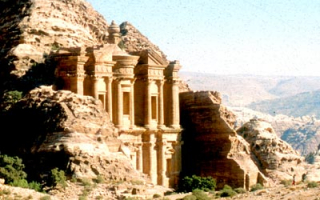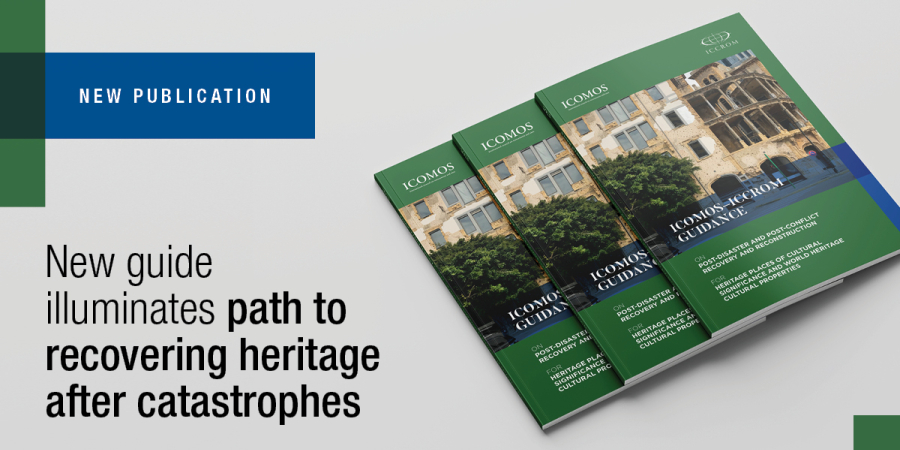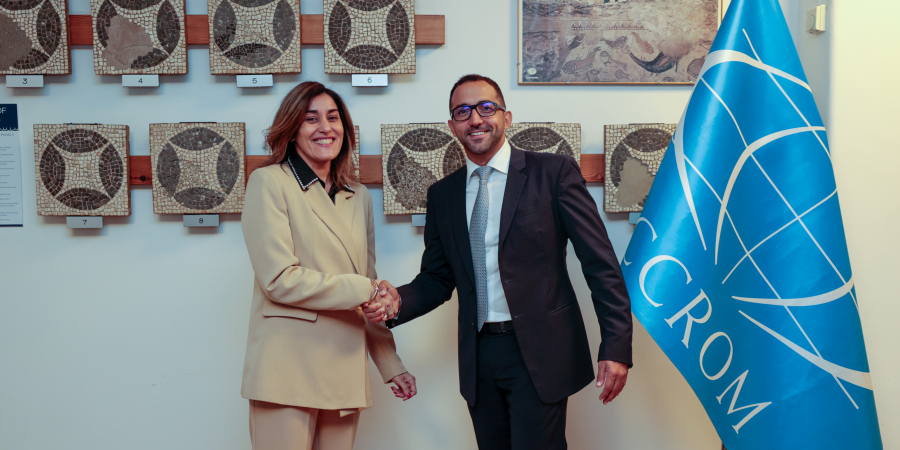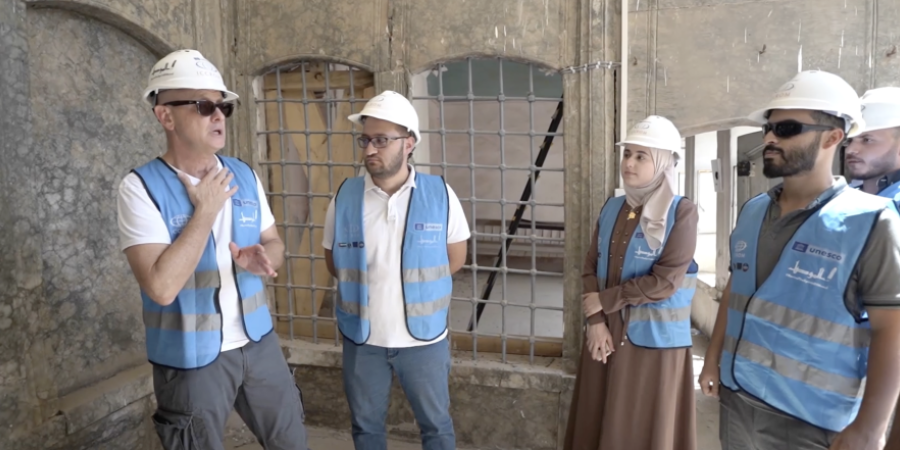It is a challenging time for cultural heritage in parts of the Middle East and North Africa that have seen large-scale devastation, including the desecration and destruction of temples, shrines, cities and monuments.
Now more than ever, ICCROM’s work on cultural heritage protection and preservation in conflict areas is needed. Since it opened its doors in 2012, ICCROM’s Regional Centre in Sharjah (ICCROM-ATHAR Centre), United Arab Emirates, has proven vital to fulfilling the organization’s mandate in the Arab Region by being closer to stakeholders and by leveraging regional collaboration mechanisms and community engagement in a region of many risks but also considerable opportunities. The centre in the UAE has become an important force for cultural heritage advocacy, providing substantive logistical and operational support to ICCROM’s work in the region.
In partnership with Arab Member States, ICCROM-ATHAR aspires to protect the cultural heritage of the Arab region and to broaden access, appreciation and understanding of its history. The Centre focuses on architectural and archaeological tangible heritage, including heritage collections and historic places, sites and monuments. It primarily aims to enhance the capacity of official heritage institutions to manage heritage sites and museum collections on a sustainable basis. It does this through an array of regional educational and field activities, capacity building and training, consultation, information dissemination, symposia, workshops and seminars.
ICCROM-ATHAR’s mission is generously supported by His Highness Sheikh Dr Sultan bin Mohammed Al Qasimi, Member of the Supreme Council and Ruler of Sharjah, as well as Member States and other partners.




